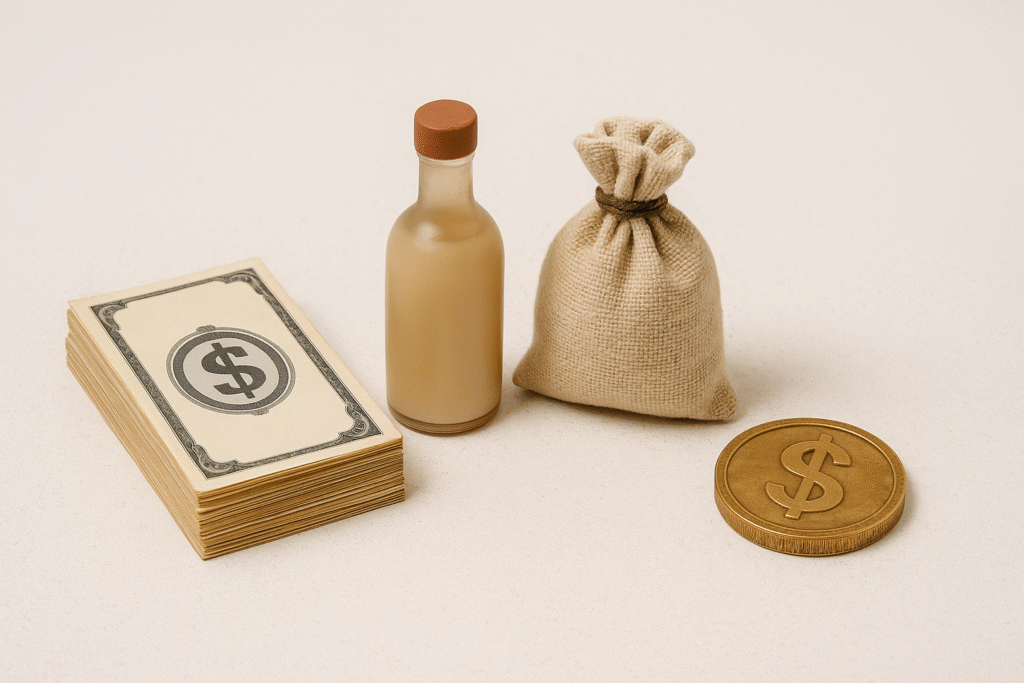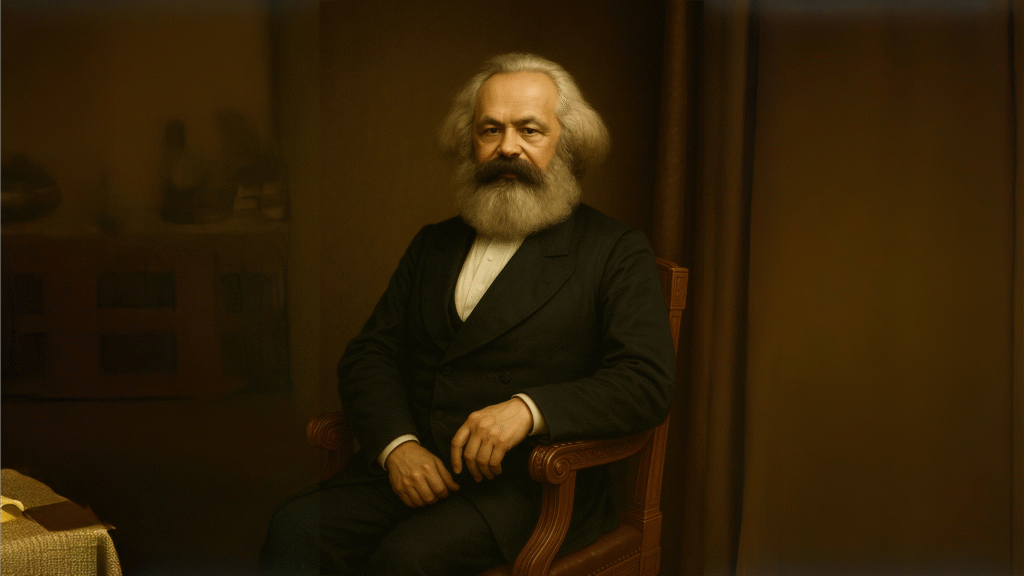Posted inEconomists
Chapter 6 – The buying and selling of labor-power – Capital – Volume 1 – Karl Marx
Summary Chapter 6 of Capital by Karl Marx explores the pivotal concept of labor-power as a commodity—a foundational idea in understanding how capitalism functions. Marx argues that the transformation of…





